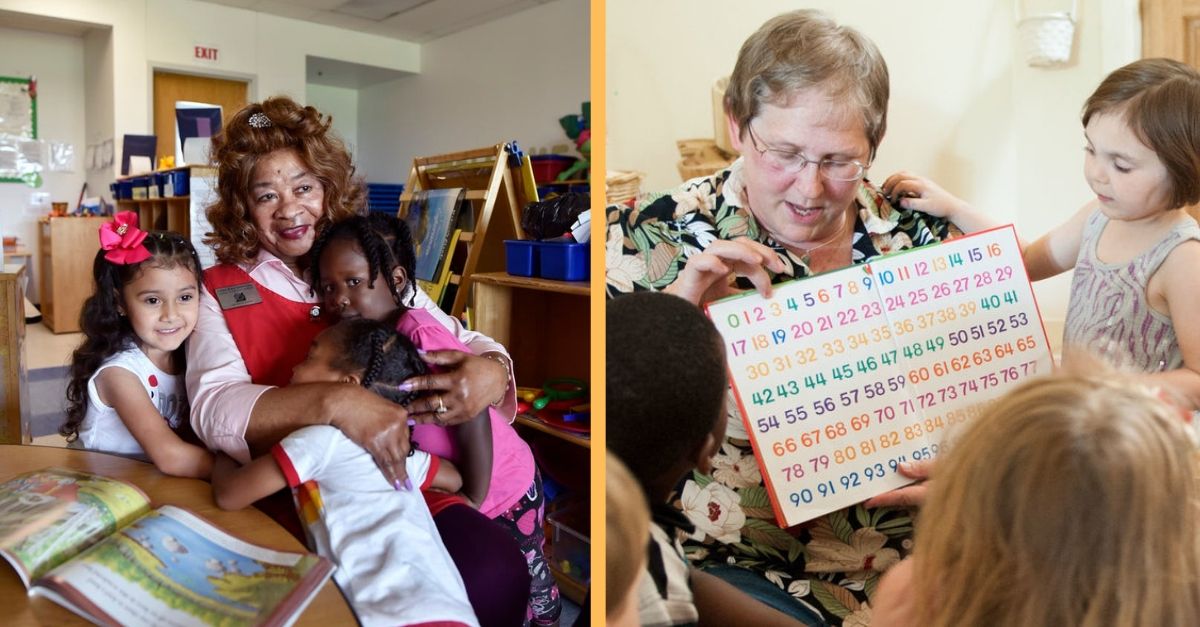
A new study has proven that being a volunteer grandparent in preschools has significantly benefitted everyone involved. Triste Vasquez-White, director of the Foster Grandparent Program says volunteer grandparents are a large, important part of the community.
“Our volunteer grandparents get to do something helpful for the community. It’s so much better for them than sitting at home watching television. And the kids they work with get to spend time with an older adult who can help them develop needed social and emotional skills,” she says.
Background information about the Foster Grandparent Program
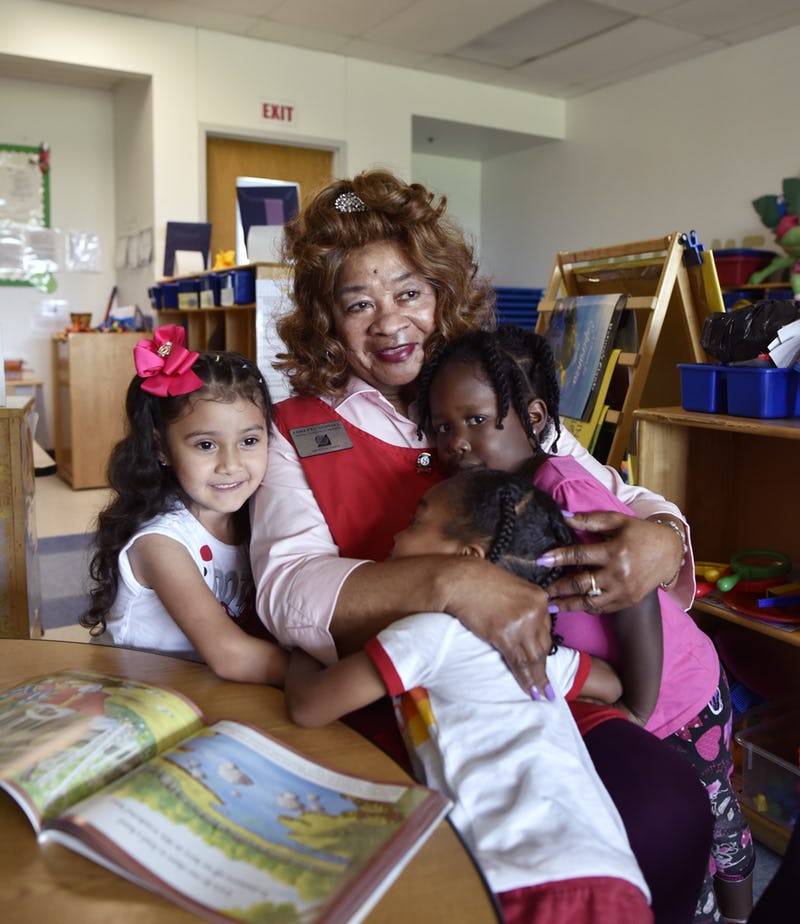
The Foster Grandparent Program was established in 1965 as part of the Senior Corps. The Senior Corps is a national effort to enlist senior citizens in programs that will help benefit their communities. One specific school in Dallas, TX pairs low-income senior citizens with preschoolers who also come from low-income families.
The grandparents will typically help assist with classroom assignments, passing out snacks, teaching them how to tie their shoes, and providing a friendly hug when needed.
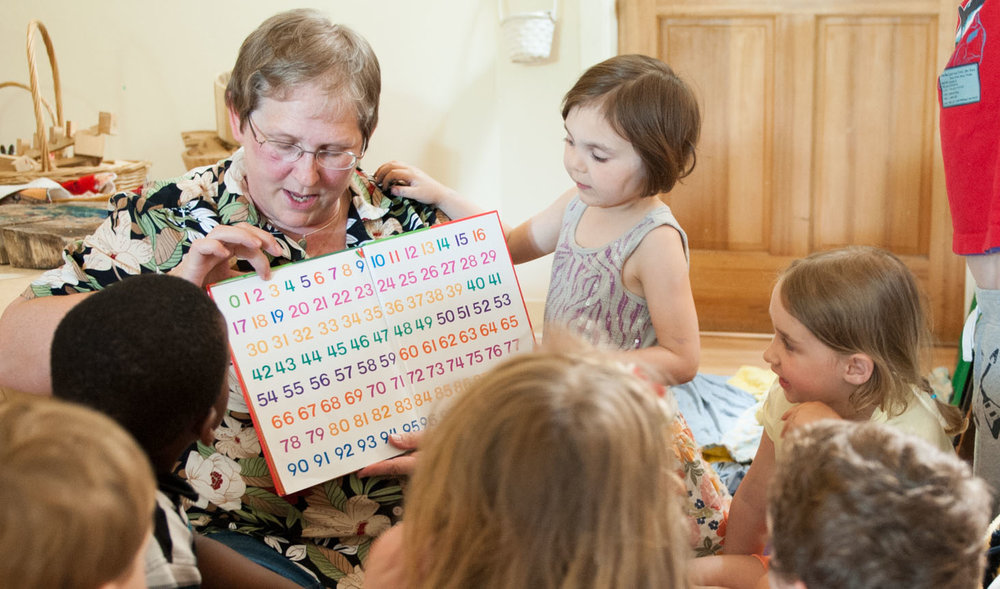
Foster grandparents speak out about their experiences
June Robinson, a foster grandparent at the Wanda Meshack Smith Head Start Center, has spoken about what it means to be a volunteer grandparent. “We’re teachers, we’re counselors, grandparents — whatever it takes us to be for our children, that’s what we have to be,” she says.
Robinson, 70, has been a foster grandparent for four years. Her sister, Loretta Stovall, 80, has been in the program for eight years. “It breaks your heart when they show up in the morning and you can see that they’re upset, crying and all,” Stovall says. “When that happens, you just talk to them, listen to them, instill in them that they’re loved and wanted.”
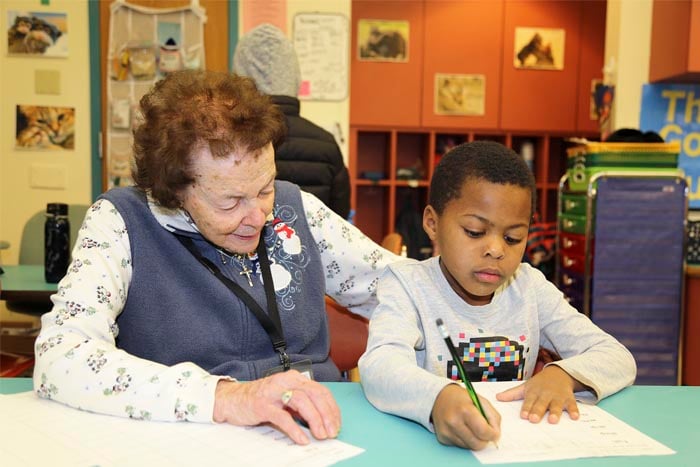
Vasquez-White says that the program involves 120 grandparents who have served more than 6,600 special-needs children. Additionally, they have volunteered more than 112,000 hours of their time. The Corporation for National and Community Service conducted a study on the health and well-being of the seniors involved.
The study shows that 84% of the patients reported improved or stable health after two years of service. Additionally, 78% of those who struggled with depression say they feel less depressed after two years. 88% of patients said they felt less isolated if they ever experienced loneliness.
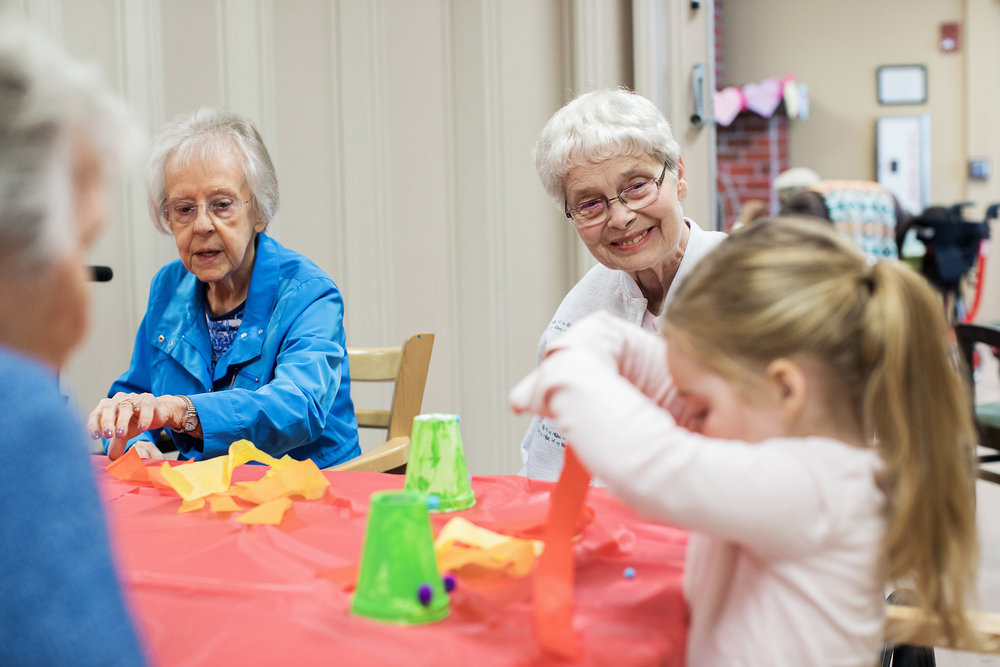
“Doing this helps me a lot,” 70-year-old Robinson says. “To know you’re needed, to see the difference you can make for these children — as old as we are, well, that means the world to us.”
